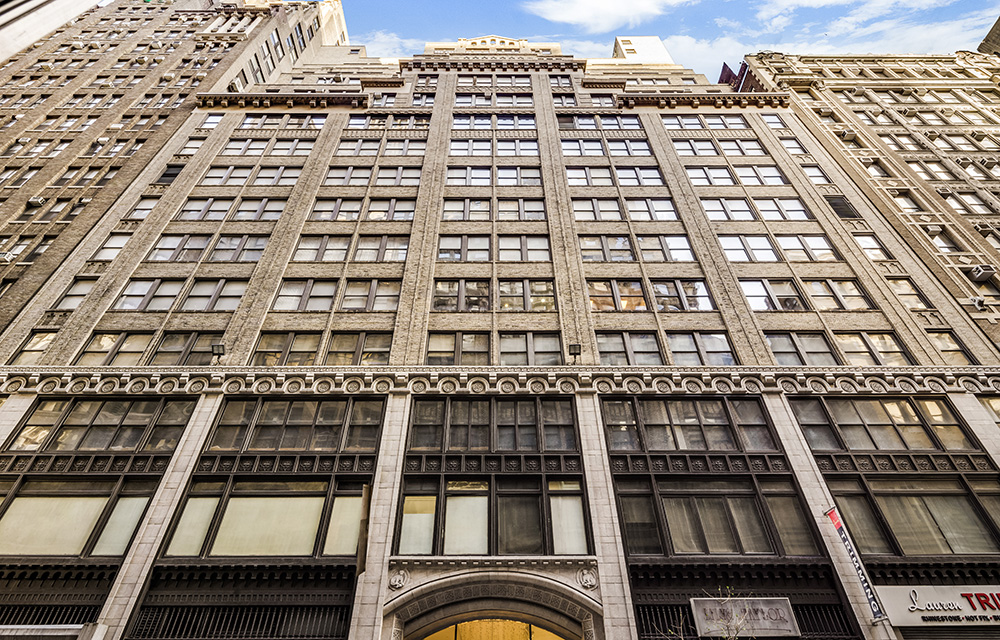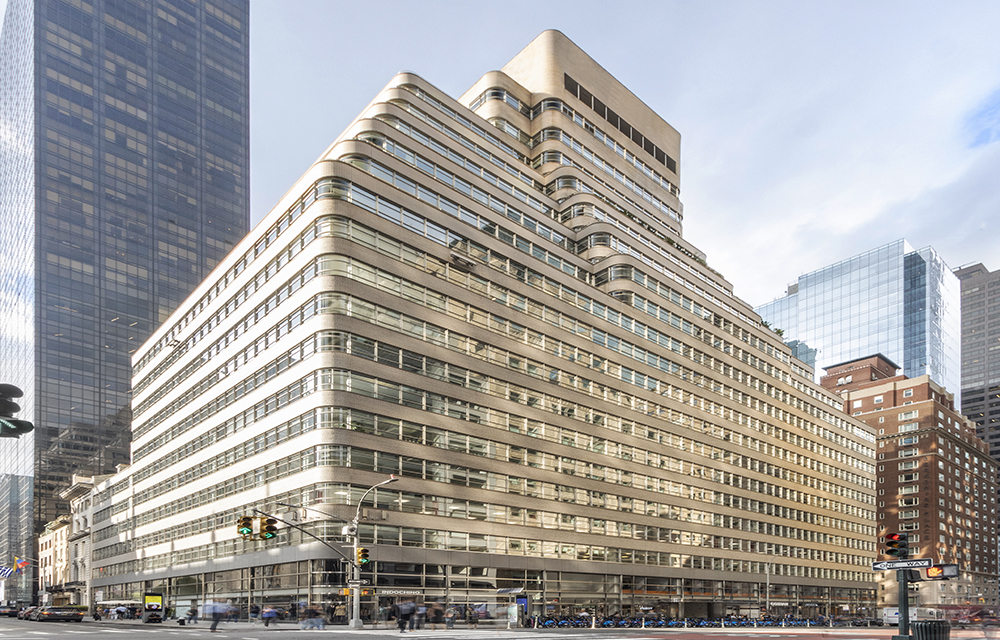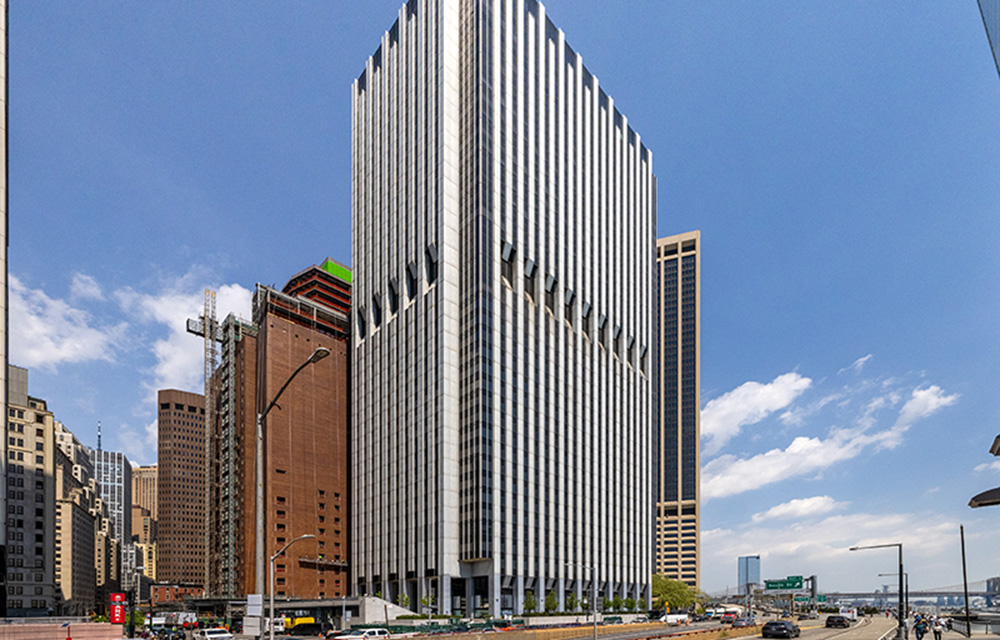Zen and the art of real estate appraisal (in 2020) - by Neil Axler

B. Riley Advisory Services
For real estate valuation practitioners in November 2020, traditional data points like comparable sales, leases and cap rates are scarce- the market is not Zen, not stable. Property values throughout most of the country have decreased and some real estate owners are finding solace in doing some favorable tax planning if possible.
So, we have a vaccine. With Pfizer announcing a COVID-19 vaccine with a 90% success rate, time to celebrate, here comes the sun, the 2020 nightmare appears to be ending. However, as our Zen Masters teach us the pursuit of happiness can ultimately become a source of more suffering. Potentially, a successful vaccine will be good for the airline industry, hotels, restaurants and retailers – any business that has been done in person. COVID-19 affected and continues to affect people throughout the world. It appears that the Pfizer vaccine will have 50 million doses worldwide this year and will first be available for the elderly and healthcare workers. For 2021, Pfizer expects to have 1.3 billion doses available. Patients will have to take two shots and wait three weeks between their doses. Since it’s now mid-November, it’s likely the vaccinations won’t be in full swing for a while. It is probable the U.S. won’t fully recover the 22 million pandemic lost jobs until 2024 and the economy is projected to contract by almost 3% this year. Also, federal pandemic unemployment benefits are set to expire for 13 million Americans in December.
All of this leads to continual suffering for most classes of commercial real estate. Restaurants were hit hard by COVID, the food service industry is on track to lose $240 billion in revenue. According to the National Restaurant Association, 1 in 6 restaurants have closed permanently and 40% of operators don’t expect to make it through February without federal relief. Prior to the pandemic, experiential retail such as restaurants, bars and fitness centers were among the most coveted tenants for commercial landlords.
Retail was struggling prior to the pandemic, right-sizing retail in the U.S. was warranted for a long time coming. We’ve been leading the world for years with approximately 23 s/f per person, followed by Canada at 16 s/f and Australia at 11 s/f, with the rest of the world weighing in below 4 s/f per person. During the pandemic, many small businesses and national chains have closed, driving down occupancy and rents in the retail industry. Although customers still purchase the majority of their retail products and services in stores, it is likely the convenience and pricing of online shopping, while “working from home” will continue to increase throughout and after the pandemic.
Many cities are suffering without office workers, mass transit ridership, tourism, restaurants and sports and entertainment. The pandemic-forced work-from-home situation has shown that working from home is doing better than most people have thought. It’s logical to project that companies will make reductions in their office footprints to reduce costs, since work-from-home has been seamless for many white-collar workers. Large companies appear to be waiting for more clarity about the future before making office leasing decisions, potential tenants for subleases are also waiting. When valuing office buildings in 2020, it’s necessary for appraisers to look at lease expirations and conservatively estimate renewal options compared to the pre-pandemic climate. When analyzing office leases now, it’s imperative to look at more than the listed rental rates, appraisers should look at lease terms such as lease extensions, free rent and the gargantuan tenant improvement allowances needed to lure employees back to the office with COVID-19 protections.
The pandemic continues to batter the travel industry. According to the U.S. Travel Association, “six in ten (61%) of Americans expect that the pandemic situation will get worse in the next month, up more than five percentage points in one week.” The worsening sentiment about the pandemic negatively impacts travel. Confidence in being able to travel safely in this environment is low and half of those surveyed agree that traveling right now feels irresponsible. Plus, many states require negative COVID-19 tests results before and after travel, along with quarantining for a few days. TSA checkpoint travel numbers on November 10, 2020 was 596,475 total travelers compared to 2,150,003 for November 10, 2019.
Major hotel brands such as Hilton, Hyatt and MGM reported significant third-quarter losses. MGM announced that it will cease mid-week operations at its Park MGM hotel in Las Vegas (2,700 rooms), the property will close on Mondays and reopen on Thursdays. In New York City, according to the 2nd Quarter 2020 Manhattan Lodging Index from PWC, more than half (58%) of Manhattan hotels remain closed. Hotels in Manhattan that have permanently closed during the pandemic include the historic Roosevelt Hotel, the Omni Berkshire, W New York Downtown, Hilton Hotel Times Square, Courtyard by Marriott in Herald Square and AKA Wall Street.
The existential guise of the impact of the pandemic has worsened both the affordable housing crisis and municipal and state fiscal issues. Many states have imposed moratoriums on both commercial and residential evictions, with many moratoriums ending in January. Come January, many landlords will be faced with squatters, potentially including a high-profile squatter in a luxury residential property in Washington D.C. Again, in the pursuit of happiness it can become a source of more suffering.
Neil Axler, MRICS, is managing director at B. Riley Advisory Services, New York, N.Y. , and is a member of IREON as a strategic partner of Principals Direct Group, Islandia, NY
Meridian Capital Group arranges 10-year retail lease for Mess at 236 West 10th St.


Behind the post: Why reels, stories, and shorts work for CRE (and how to use them) - by Kimberly Zar Bloorian

Lasting effects of eminent domain on commercial development - by Sebastian Jablonski

Strategic pause - by Shallini Mehra and Chirag Doshi









.jpg)

.gif)